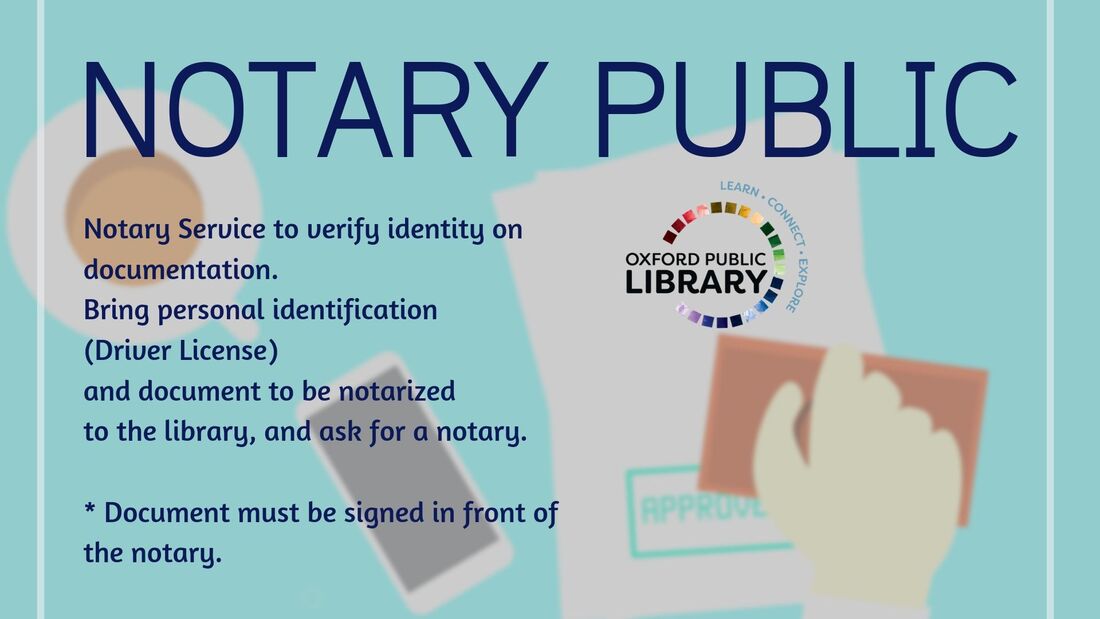DIRCO Rules Demystified: A Guide to Diplomatic Protocol
DIRCO Rules Demystified: A Guide to Diplomatic Protocol
Blog Article
Demystifying Notarial Job: Simplifying the Role and Significance of Notaries
Their function, usually shrouded in secret for numerous, carries considerable weight in guaranteeing the validity and honesty of important files. By unwinding the complexities bordering notarial practices and losing light on the importance of their acts, a more clear understanding arises of the essential role notaries play in promoting the fabric of lawful and contractual agreements.
The History of Notarial Job
The history of notarial work dates back to old civilizations, where scribes played a crucial role in taping important info and confirming records. This led to the growth of notaries, individuals selected by the state to act as objective witnesses in legal issues.
Throughout the Middle Ages, notaries gained importance in Europe, with their features expanding to consist of composing legal papers, certifying trademarks, and preserving documents. The increase of international trade better highlighted the relevance of notarial work in confirming contracts and agreements across borders.
In the modern era, notaries remain to play a vital duty in legal and service purchases by verifying identifications, validating the authenticity of files, and protecting against fraud. Their function in accrediting the credibility of agreements adds a layer of safety and depend the ever-evolving landscape of business and regulation.

Obligations and Responsibilities of Notaries
Notaries play an essential function in verifying the authenticity of records and the identity of signatories. One of their main responsibilities is to witness the signing of important documents, such as contracts, wills, and deeds, to guarantee that all parties are entering right into arrangements intentionally and voluntarily.
In addition, notaries are charged with carrying out affirmations and oaths, which are important in lawful proceedings and the execution of sworn statements. They accredit duplicates of initial documents, giving assurance to establishments that the copies are real replicas of the originals. Notaries must preserve precise records of all deals they look after to ensure transparency and liability. Overall, the tasks and duties of notaries are important in guarding the integrity and legitimacy of numerous files and transactions.
Notarial Certificates and Signatures
Exemplifying thorough interest to information, notarial certifications and trademarks function as necessary components in validating the authenticity of lawful papers. Notarial certifications commonly have crucial details such as the day of registration, the names of the signatories, a summary of the document, and the notary's main seal. These certificates provide a clear document of the notarial act, guaranteeing that the document can be conveniently identified and traced back to the notary that managed the process.
Trademarks play a crucial function in notarial work, as they indicate the arrangement and authorization of the parties involved. Notaries carefully witness the signing of records to confirm the identification of the signatories and validate that they are signing of their very own complimentary will. By fastening their main seal and signature to the paper, notaries certify that the required treatments have been adhered to and that the paper is enforceable and legitimate.
Basically, notarial certifications and trademarks are the hallmark of credibility in lawful transactions, giving assurance to all celebrations entailed that the papers are legit and binding.
Significance of Notarial Acts
Notarization Process Described
The registration process typically begins with the specific providing the file to a notary public. Once the identity is validated, the notary makes certain that the private signing the document does so voluntarily and without any type of coercion.

Conclusion

Notarial certificates commonly have essential info such as the day of registration, the names of the signatories, a summary of the file, and the notary's official seal. These certificates offer a clear document of the notarial act, making sure that the record can be quickly identified and traced back to the notary who supervised the process.
By attaching their main seal and trademark to the file, notaries license that the required treatments have been followed and that the paper is enforceable and valid.
By validating the identification of the notaries, validating their determination to get in right into the contract, and accrediting the day and location of the finalizing, notaries play a critical duty in promoting the credibility of legal papers.After the file is signed, the notary will fasten their main seal or stamp onto the record.
Report this page